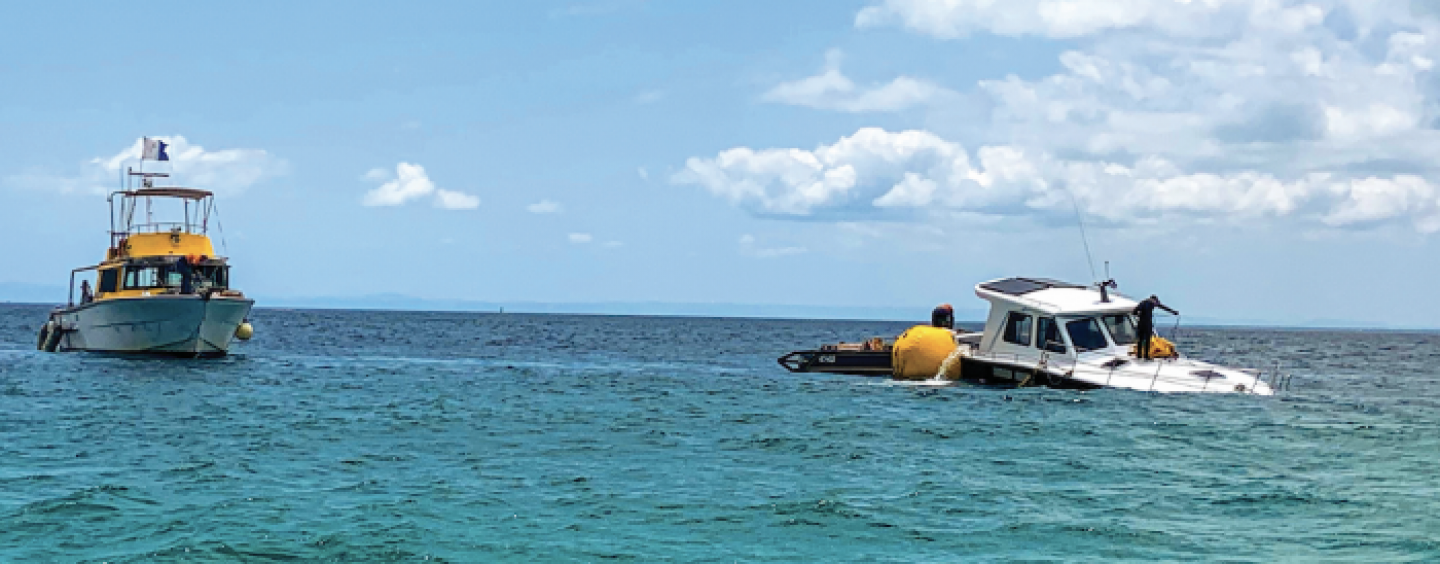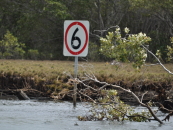There is always the chance of being involved in a marine incident when you are out on the waters. What do you do if it happens to you?
So, you may be asking what actually is a “marine incident”. A “marine incident” is defined in the Transport Operations (Marine Safety) Act 1994 (Qld) as an event causing or involving:
● the loss of a person from a ship
● the death of, or grievous bodily harm to a person caused by a ship’s operations
● the loss or presumed loss or abandonment of a ship
● a collision with a ship
● the stranding of a ship
● significant damage or danger of significant damage to a ship
● significant damage caused by a ship’s operations
● danger of significant damage to a structure caused by a ship’s operations
Under section 125 of the Transport Operations (Marine Safety) Act 1994 (Qld), the owner of a ship involved in a marine incident must report the marine incident to the shipping inspector within 48 hours of becoming aware of the marine incident, unless of course the owner has a reasonable excuse for not reporting (a reasonable excuse could be that the owner was in hospital).
Make sure you report any marine incidents within 48 hours to avoid a financial penalty of up to $5,338!
Also, remember to report the collision to your insurance company.
Of course, you should be careful about what you say in a marine incident report, because you can be sure that any unwise words will be used against you. If in doubt, talk to a lawyer.
3. CO-OPERATE
Following a marine incident, officials from the Water Police or MSQ may get involved to investigate the incident circumstances. As some incidents may be offences and could result in prosecution (depending on how serious the incident was), we recommend cooperating with any officials with their investigations. If in doubt, talk to a lawyer first. In particular, if you have been invited to an interview, talk to a lawyer before participating. Cooperation is a factor in a defendant’s favour should you face prosecution and may result in a lower penalty or sentence being imposed.
Remember, under the Transport Operations (Marine Safety) Act 1994 (Qld) there is also a duty of masters to help if a marine incident occurs, unless of course to do so would endanger the master’s ship or persons on board the master’s ship. Helping can include staying nearby the vessels involved in a marine incident, providing assistance where needed, and also assisting any officials. Failing to help can attract a penalty for the master of up to $66,725 or imprisonment for one (1) year – so to avoid a hefty fine or imprisonment, make sure you comply with this obligation!
Finally, if you are involved in a marine incident and need assistance, or don’t know what steps you should take then you should seek specialist legal advice. Give the team at Pacific Maritime Lawyers a call on 1300 797 627 and we would be very happy to help!
By Claire Strodder, Maritime Lawyer
Published in the April – July 2020 print edition.






























